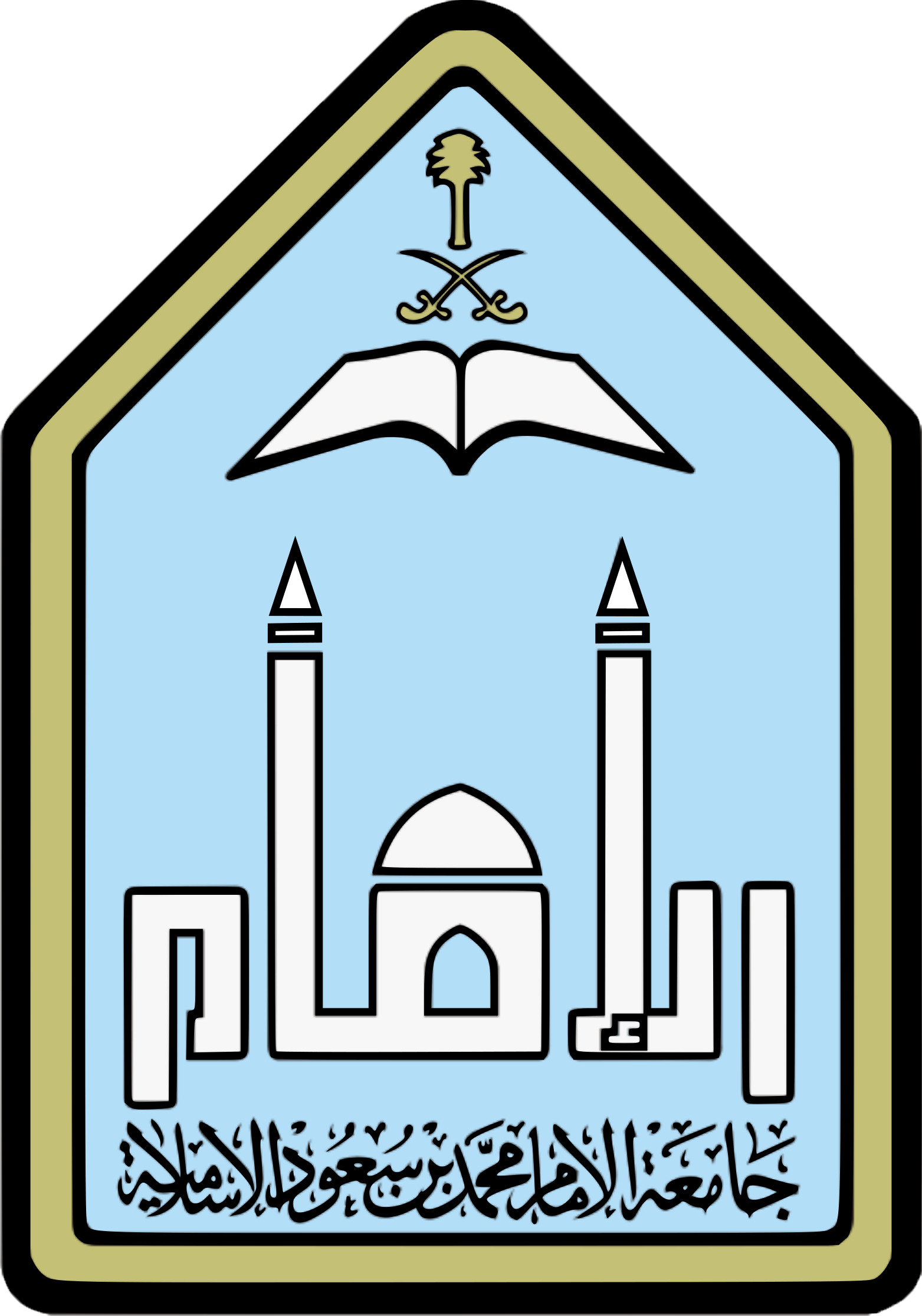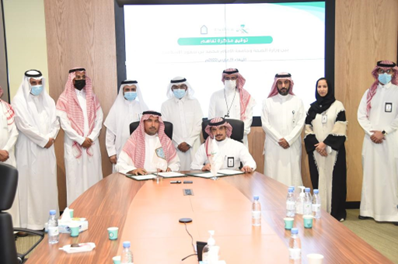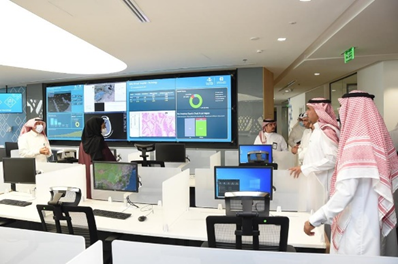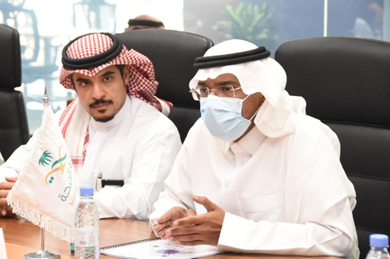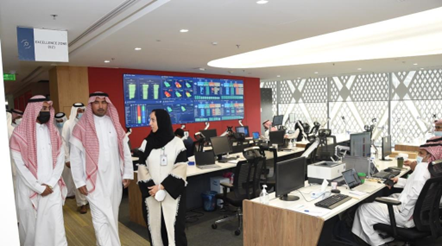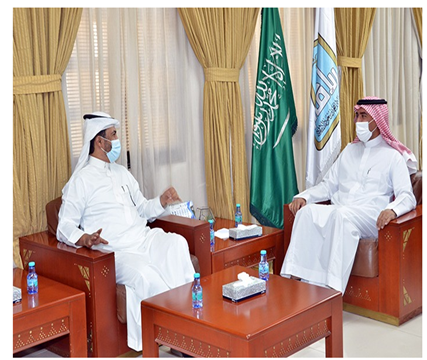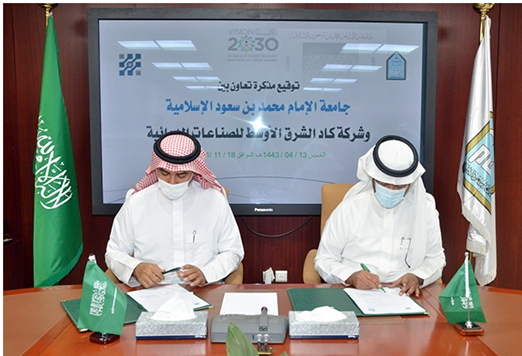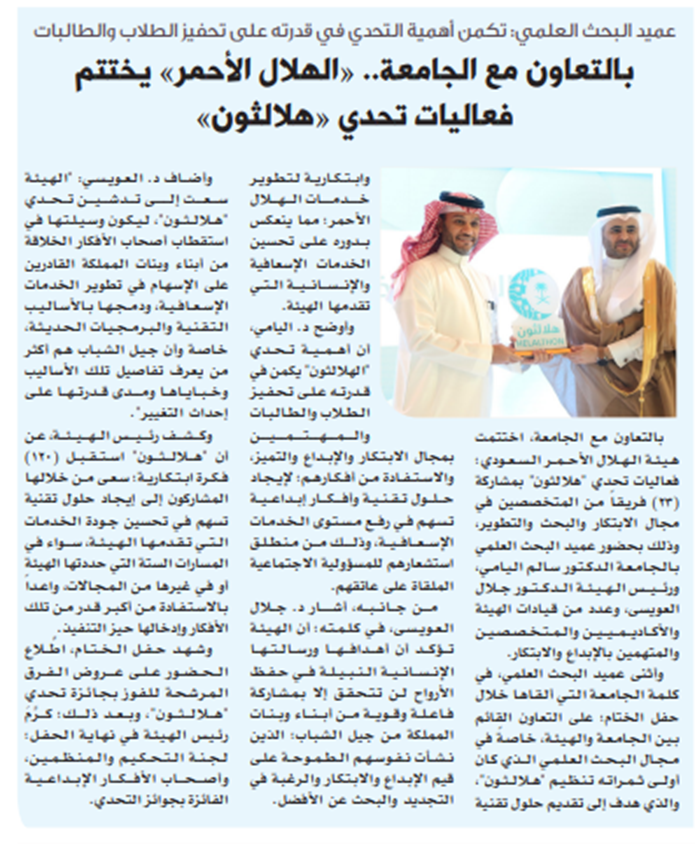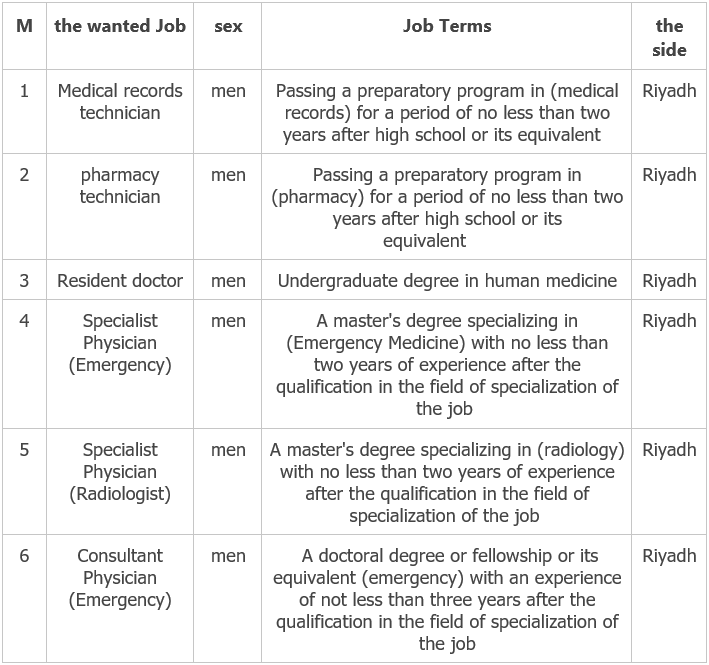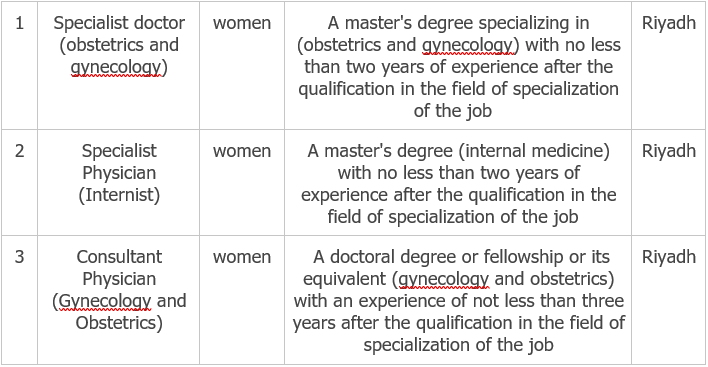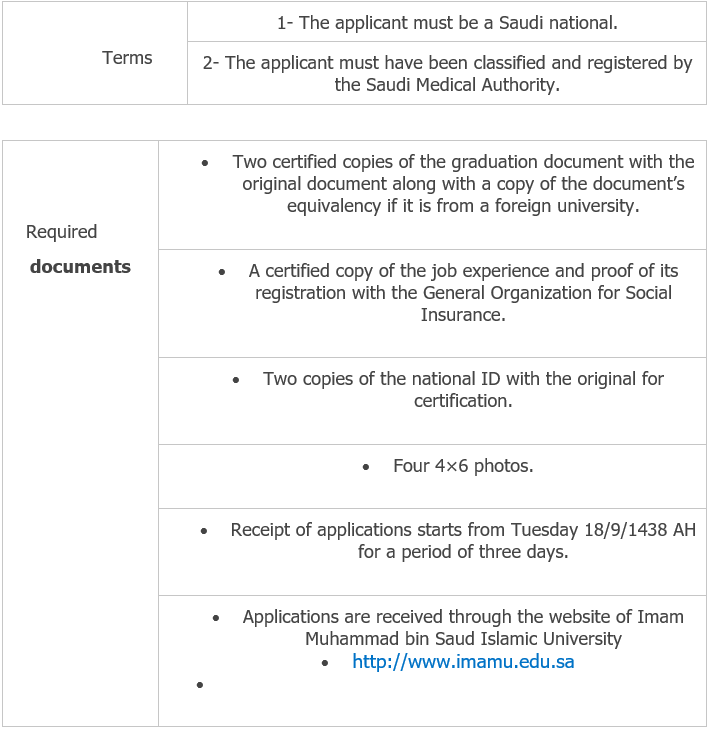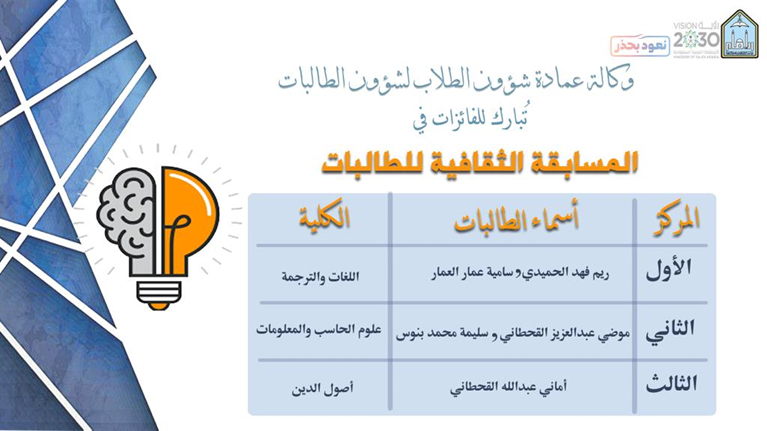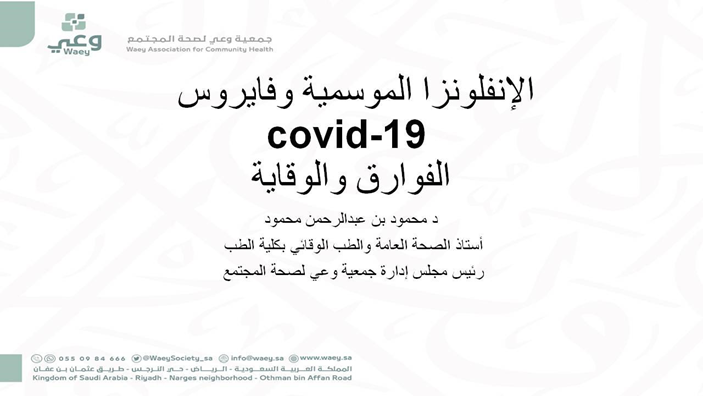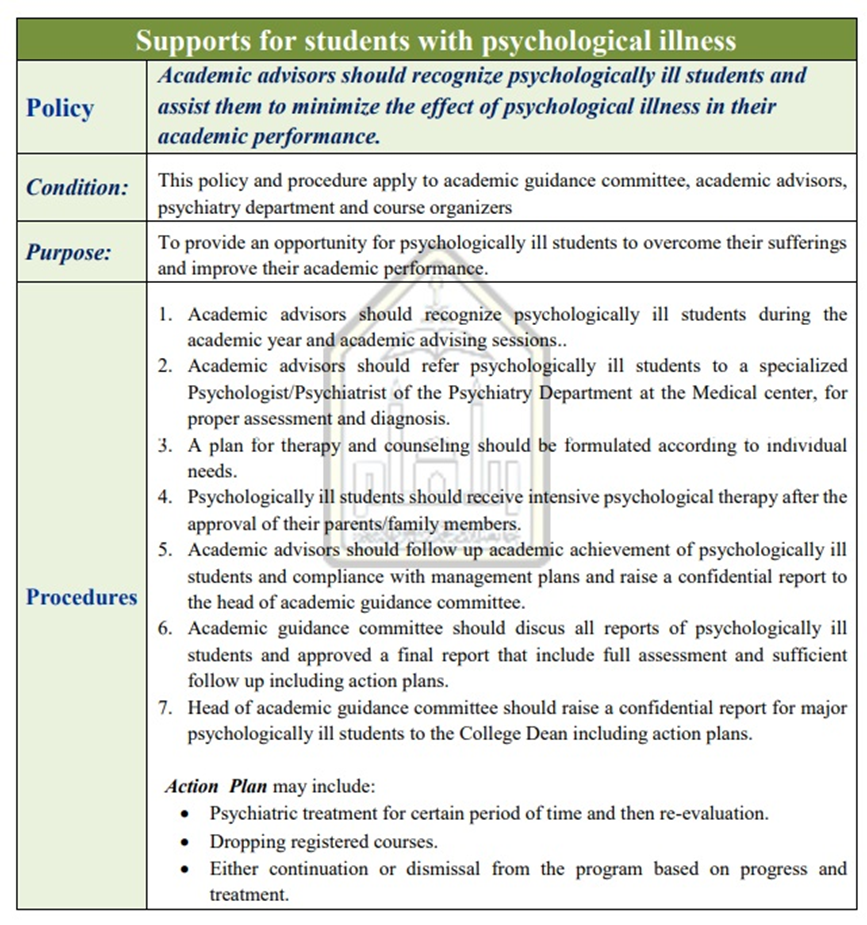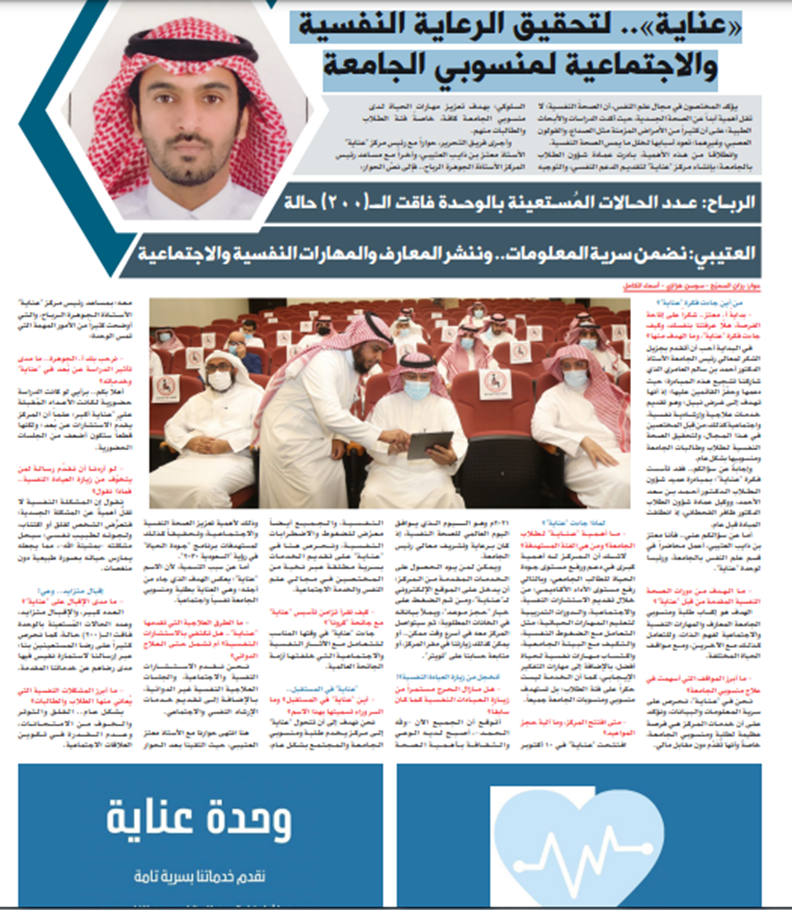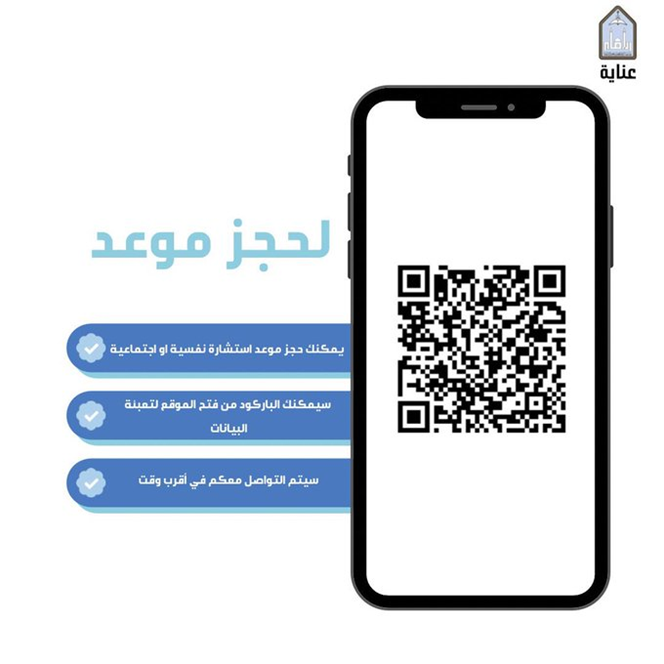Introduction
Sustainable Development Goal 3 (SDG 3 or Global Goal 3) is about "Good health and well-being". Which is essential to sustainable development. There is an urgent need to fully eradicate a wide range of diseases and address many different persistent and emerging health issues. Similarly, the idea is to determine how universities deal with specific conditions and diseases and support their academic community. This Goal focused on the importance of ensuring that everyone enjoys healthy lifestyles and well-being at all ages, in order to reach a world free of physical and psychological diseases that can be achieved through high-quality health care systems that provide coverage and protection for all.
Good health is essential to sustainable development and the 2030 Agenda reflects the complexity and interconnectedness of the two. It takes into account widening economic and social inequalities, rapid urbanization, threats to the climate and the environment, the continuing burden of HIV and other infectious diseases, and emerging challenges such as noncommunicable diseases. Universal health coverage will be integral to achieving SDG 3, ending poverty and reducing inequalities. Emerging global health priorities not explicitly included in the SDGs, including antimicrobial resistance, also demand action
KSA has heavily invested in the healthcare system through the build-up of quality infrastructure. The sector has been given top priority by the government as it has consistently been the top recipient of government expenditures (Figure 1)15. Government employees are ensured access to public healthcare. However, since the heavily unequal distribution of Saudi/Non-Saudi employees in the public sector (95%/5%) vs the private sector (22/78%), not all residents have access to health services16. Temporary Contractual Workers usually rely on private health insurance and around 10 million people are covered by this scheme. Although mandatory employment-based insurance was introduced in 1999 it has not fully been enforced, particularly for irregular migrants, domestic workers and low-skilled workers. Almost 78% of the non-Saudi population was enrolled in private insurance compared to 15% of Saudis17 . However, several governorates have less than 70% of the non-Saudi population with private health insurance (Madinah, Qaseem and Najran). In 2020 there was also a decline in the number of privately insured employees. A possible reason is the reduction of non-Saudi employees in the labor force.
The Kingdom strives to boost general health for its citizens and residents, by launching several initiatives in the health sector at the local and global levels, including but limited to supporting maternal and childcare programs, providing vaccinations, reducing infant mortality and increasing life expectancy.
Imam Muhammad bin Saud Islamic University and the Ministry of Health signed this morning, Wednesday 6/8/1443 AH, a memorandum of understanding between the two sides, at the headquarters of the Ministry of Health in the Digital City. Empowerment Engineer Fahd bin Saleh Al-Azzam, and in the presence of Dr. Abdullah Al-Asmari, Advisor to His Excellency the President of Imam Muhammad bin Saud Islamic University, Dr. Nayef Al-Otaibi, Dean of the College of Science, Dr. Zuhair Al-Shehri, Dean of the College of Social Sciences, Dr. Salem Al-Yami, Dean of the Deanship of Scientific Research, and Dr. Abdullah Al-Zayed, Vice Dean of the College of Medicine. Dr. Noura Al-Enezi, Assistant Minister of Health, official spokesman, Dr. Muhammad Al-Abdali, and a number of officials from both sides.
The memorandum of understanding aims at cooperation between the research centers of the Deanship of Scientific Research at Imam Muhammad bin Saud Islamic University and the Ministry of Health in completing studies and research that serve common areas between the two parties, and cooperation in research activities or scientific events that serve both sides, in addition to cooperation in holding scientific conferences and research seminars. Between the two sides in the fields of studies, research and training, as well as joint research cooperation in applied, social and humanitarian research that serves the directions of the university and the ministry and enhances the quality of health for the Saudi citizen.
The memorandum of understanding includes the ministry's participation in rehabilitating the university's laboratories through the application of "good laboratory practices" mechanisms and by providing the capabilities of "medical and biological testing of samples."According to what is later agreed upon between the two parties, as well as mutual benefit from research laboratories and specialized laboratories between the university and the ministry, and the formation of joint research committees to cooperate in providing solutions to the problems and challenges facing the ministry and serving the health of the citizen and society and improving their quality through the research experiences owned by both parties, in addition to Qualifying researchers at the university and the ministry through joint cooperation in implementing training courses in the field of scientific research and supporting computer programs, and building smart partnerships that include the formation of joint research groups between the university and the ministry, to produce classified scientific research and valuable scientific products that serve the needs of both parties and are in line with national priorities in the health field.
In addition to joint scientific and research supervision on training university students in graduation projects in the laboratories of the Ministry after its approval, and supporting joint scientific and research supervision of university graduate students’ research and their theses, through Using the technical capabilities and medical and laboratory equipment of the Ministry based on what is coordinated and agreed upon later between the two parties, as well as adding specialized applied materials in health sciences that serve the university’s directions, specializations and strategic objectives in its curricula, and the participation of the Ministry’s employees in preparing specialized health courses, and developing curricula and study plans related to.
After the signing, the university delegation toured the ministry's command and control center, and toured the virtual hospital, reviewed all the services it provides to patients, and listened to a detailed explanation about those service.
His Excellency the Vice Rector for Postgraduate Studies and Scientific Research, Prof. Abdullah bin Abdulaziz in his office, Chairman of the Board of Directors of CAD Middle East Pharmaceutical Industries, d. Walid bin Muhammad Al-Shaqha, and during the meeting, a memorandum of cooperation was signed to frame the areas of exchange of experiences and joint research to prepare specialized scientific cadres and competencies, in a way that supports the manufacture of pharmaceutical active substances in the Kingdom. This agreement aims to cooperate in several areas, including training the students of Imam University in the CAD company, to link what they have acquired of academic knowledge and scientific skills to the work environment and to acquire personal and professional skills. Exchanging consulting solutions in a number of academic disciplines for experienced faculty members at Al-Imam University and CAD Company.
Dean of Scientific Research: The importance of the challenge lies in its ability to motivate male and female students.
Imam Muhammad bin Saud Islamic University, in coordination with the Ministry of Civil Service, is pleased to announce the availability of a number of jobs for the health staff in the Medical Services Center to be filled with citizens through the competition, according to the following statement:
The Center for Voluntary Work Studies at Imam Muhammad Ibn Saud Islamic University held a lecture via Zoom on Thursday evening, 6/9/1443 H on the occasion of the World Health Day, delivered by Dr. Mahmoud Abdulrahman Mahmoud, Professor of Preventive Medicine at the College of Medicine and Chairman of the Board of Directors of the Wa'ai Association for Community Health, where the countries of the world celebrate on the seventh day of April every year the World Health Day and Protection from Various Diseases.
At the beginning, Dr. Abdulrahman welcomed the attendees, and gave an introduction to the World Health Day, its objectives and slogan for this year (Our planet is our health), and talked about the environment and climate as one of the most important determinants of health locally and globally, as well as the Kingdom's pioneering efforts in the field of climate and environment, health behaviors as a determinant of well-being and health of the individual, the role of the individual and society to maintain health, the environment and climate, and also shed light on the clinic of preventive medicine at the Imam University Medical Center and its role in providing preventive programs and periodic examination, as well as voluntary health work in Preventive areas to maintain the health of the community.
These events are a continuation of the awareness efforts provided by the university annually to maintain the health and safety of community members, where the lecture witnessed a large presence of university employees and a lot of discussions and consultations.
The Ministry of Health is concerned, according to the health system in the Kingdom of Saudi Arabia, regarding maternal and child health and immunization programs by providing important educational information, in addition to a number of health services in the maternity and child care departments in its health facilities and facilities, in a manner that achieves the highest levels of satisfaction for the target groups and their families. These educational guidelines and services work to ensure that the family has a satisfactory and safer marital life, and also includes attention to reproductive health through obtaining a safe pregnancy and childbirth period to ensure the health of the mother and the child. It includes services related to maternal and child health.
Reproductive and Sexual Healthcare
The country provides services through the ministry of Health for pregnant, starts with before, and during pregnancy, childbirth, and postpartum.
Labor and delivery
Pregnant woman can choose to deliver her baby in a public or private hospital; However, the country has reserved her rights:
The right to know the status of the pregnancy, and the due date.
The delivery method expected (Vaginal Delivery, Cesarian Section, etc).
Allowing you to take straight positions, and not to restrict you to the bed.
Asking for her permission before Cesarian Section, not guardian permission needed.
Avoid cutting without medical justification, after showing all the options and with her oral permission.
Having a supporter during delivery, a family member or a friend unless it effects other patients privacy.
Providing her with the needed support from health providers, and respect her right.
Medical Assistance for Reproduction
The Kingdom recognizes the importance of childbearing and the desire of couples to do so, and in appreciation of the need for some cases to treat delayed childbearing, has implemented the Fertilization, Embryo and Infertility Treatment Units Law (Available only in Arabic) to provide services in it in a safe and fair manner and in line with the teachings of Sharia. Visit this page to learn more about the practices in Saudi Arabia related to infertility and its treatment.
Abortion
It is a medication or surgical procedure to terminate an unwanted pregnancy. Abortion is generally illegal in Saudi Arabia, with a narrow exception. In cases where the pregnancy is a physical or mental threat to the mother, and the fetus is less than 120 days old, the mother is allowed to have an abortion after the approval of two specialized doctors.This process Is confirmed by a decision brought forth by the medical committee, formed in accordance with the term and conditions specified by the executive regulations of the system, including the following:
The Senior Scholars Decisions No. 140, dating back to 06-20-1407 AH, states the following:
It is not permissible to abort a pregnancy during any stag other than cases presented with legitimate reasoning and in accordance with certain limits.
It is permissible to abort the pregnancy if the pregnancy is within the first trimester, which consists of the first 40 days, due to possible harm.
It is not permissible to abort a pregnancy until a reliable medical committee decides that the continuation of the pregnancy poses a danger to the mother’s safety.
After the third trimester, completing four months of pregnancy, it is not permissible to abort the pregnancy until a group of trusted specialists decide that the remaining of the foetus in the mother’s womb may cause her to die, after all means to save the foetus life have been exhausted.
Women's Health Rights
Women’s rights are aligned with the Sharia rulings, legal fatwas from the Permanent Committee for Scholarly Research and Ifta, the ruling laws and regulations, in addition to any paragraphs mentioned in accordance with the Sharia rulings and laws. A few of the women’s health rights include the following:
Preventive, diagnostic, and therapeutic examinations for infectious and non-infectious venereal diseases. Confidentiality and privacy in sexual diseases are emphasized, except in cases highlighted by legal laws and procedures.
Acquiring health and legal advice in cases where a woman wishes to begin the process of reproduction and obtain methods of contraception in accordance with medical supervision and trained specialists in health centers and hospitals. This health service is offered free-of-charge in health centers and hospitals associated with the Ministry of Health.
Providing a safe environment, guaranteeing childbirth in a decent and respectful manner, at all times, thus preserving the woman’s dignity, while also guaranteeing her right to choose the doctor who provides her maternal care. The medical team must possess specialized skills in natural reproduction, in addition to the presence of qualified staff specialized in handling complications, if issues were to arise.
Preserving the woman’s privacy and covering intimate parts (awrah) during childbirth, by providing private rooms and appointed spaces to conceal her from other patients.
Women aged 18 years and over have the right to accept or refuse to sign medical permission for their own surgical work and do not require consent from their guardian.
The Ministry of Health provides educational articles for women on several topics related to their physical health via the link.
Premarital Screening
Premarital screening is defined as testing couples who are planning to get married soon for common genetic blood disorders (Sickle cell anemia and thalassemia and sickle cell anemia) and infectious diseases (hepatitis B, hepatitis C, and HIV/AIDS). The premarital screening aims to give medical consultation on the odds of transmitting the abovementioned diseases to the other partner/spouse or children and to provide partners/spouses with options that help them plan for healthy family.
On Monday, 4/22/1442 AH, the Vice Deanship of Student Affairs for Female Student Affairs organized an awareness meeting for university students via the ZOOM application entitled: (Seasonal Flu and COVID 19 Virus, Differences and Prevention).
This meeting, presented by the Consultant of Public Health and Preventive Medicine at the Faculty of Medicine, His Excellency Dr. Mahmoud Abdel Rahman Mahmoud, aims to identify the differences between seasonal influenza and the COVID 19 virus due to the inability to differentiate between them due to the presence of a similarity to a large extent in symptoms, but on the other hand, there are some differences that helps differentiate them.
Dr. Mahmoud explained that the difference between COVID 19 virus and other types of influenza, and the difference between colds (colds) and influenza, and how to be positive in the face of the crisis and between the strategy of resilience and psychological stability, stressing the importance of taking information from its official sources.
Such programs and activities come in complementarity with the efforts made by our rational government - may God grant it success - in seeking to confront the Corona pandemic, applying all preventive and precautionary measures, limiting its spread, and preserving the life and health of its citizens and residents on its pure land, as it harnessed all capabilities, and took all necessary measures in response to this epidemic.
It is noteworthy that this meeting began by talking about the dynamics of epidemics, how the virus is transmitted and spread among people, and the symptoms of infection with the virus. By sending it by e-mail.
We are pleased at #عناية to announce the provision of psychological and social counseling and therapy sessions for university students and employees (remotely), to book an appointment, please fill in the data on the following link, and we will contact you as soon as possible.
